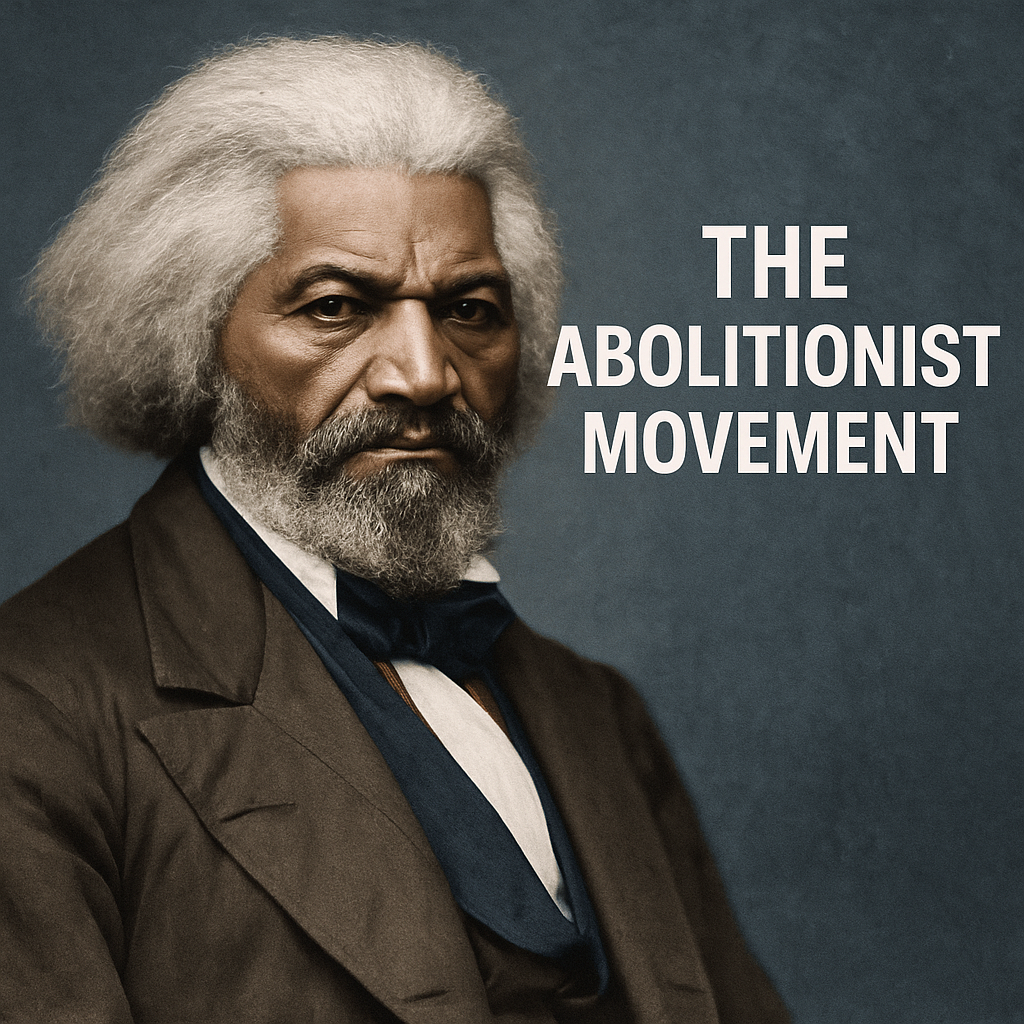We know about slavery.
We know about civil rights.
We’ve heard of Martin, Malcolm, Harriet, and maybe Garvey.
But what about the missing links?
The stories that never made the textbooks.
The systems we never studied.
The movements we never claimed.
Because the truth is: you can’t build a powerful future on a broken version of the past.
So we have to ask:
What key parts of Black history are we still missing—and how is that holding us back?
1️⃣ 📜 We don’t know enough about how free Black communities thrived after slavery.
There were towns. Banks. Schools. Businesses. We were building empires before they bombed them. Without that knowledge, we think we’ve always been behind.
2️⃣ 🧭 We’ve forgotten how Pan-African unity once moved nations.
We were global before “Black Lives Matter.” Movements in Ghana, Haiti, the U.S., and the Caribbean were linked. Our separation today is no accident—it’s engineered.
3️⃣ 🧠 We underestimate how deeply COINTELPRO destroyed our movements.
The government didn’t just watch—they infiltrated, disrupted, and assassinated leaders. That’s not conspiracy—it’s documented. And we’re still feeling the fallout.
4️⃣ 🧬 We barely scratch the surface of our African spiritual systems.
Before colonization, we had sacred practices, cosmologies, and rituals rooted in science, healing, and the divine. Knowing this would change how we see God—and ourselves.
5️⃣ 🏫 We don’t teach the role Black women played as architects of resistance.
Too often, they’re erased behind the men. But women like Queen Nzinga, Ella Baker, Septima Clark, and Claudia Jones held this movement down. Still do.
6️⃣ 🧱 We overlook how deeply our culture has been commodified.
From music to language to fashion—we created it, they stole it, rebranded it, and sold it back to us. Understanding this would change how we consume and create.
7️⃣ 🔐 We rarely talk about the trauma behind the silence in our families.
Why don’t we know our lineage? Why did Grandma stop talking after the war? Why are some names never mentioned? That’s not forgetfulness. That’s survival—and it’s history.
8️⃣ 🗳️ We don’t fully understand the power of local Black political movements.
Everyone talks about presidents, but Black people have shifted power through school boards, city councils, and grassroots campaigns. That’s where the revolution starts.
9️⃣ 🕊️ We downplay the role of Black internationalism in liberation.
From the Bandung Conference to the ANC to Cuba—Black folks were moving as a global force. When we isolate, we lose power. When we connect, we win.
🔟 🧱 We’re still missing the economic blueprint our ancestors tried to hand us.
Co-ops. Credit unions. Land trusts. Mutual aid. These weren’t just ideas—they were working models. And they’re the key to moving forward now.
CONCLUSION
When history is incomplete, our strategy is fragile.
When memory is broken, unity is impossible.
And when the blueprint is missing—we rebuild the wrong house.
We can’t afford to keep building blind.
It’s time to dig up the truth, reconnect the dots, and rebuild with clarity and power.
CALL TO ACTION
🗓️ That’s exactly what we’re doing at this year’s Juneteenth Black History Summit—and we want you in the room.
This isn’t just about celebration—it’s about correction. Connection. Clarity.
📍 Live on Zoom
🕒 Thursday, June 19th, 2025 | 12PM–3PM EST
🎤 Featuring powerful Black historians, thinkers, and revolutionaries
🔗 Register FREE now: https://store.urbanintellectuals.com/op/jtsummit25/


















0 Comments